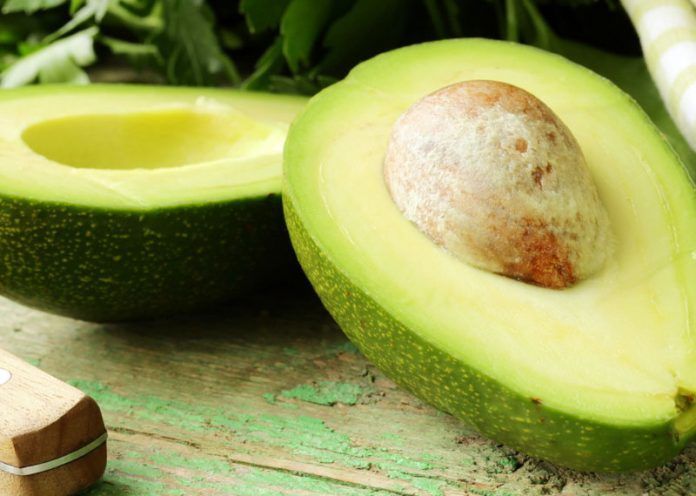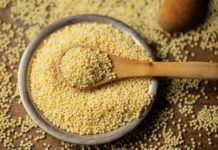Affiliate Disclaimer
Some links in this article are affiliate links. We may earn a small commission if you make a purchase through these links, at no extra cost to you. We only recommend products we find useful to our readersAvocado you may consider to be a very unique fruit. Most of the common fruits that you may come across would be composed of carbohydrates. Whereas avocado is high in healthy fats, or omega3’s. Numerous studies have brought to the fore countless health benefits of avocado. We present to you the same in this publication. Read on ahead, as we present to you certain proven health and nutritional benefits of Avocado.
Why Avocado is Important
1Nutritional Benefits of Avocado
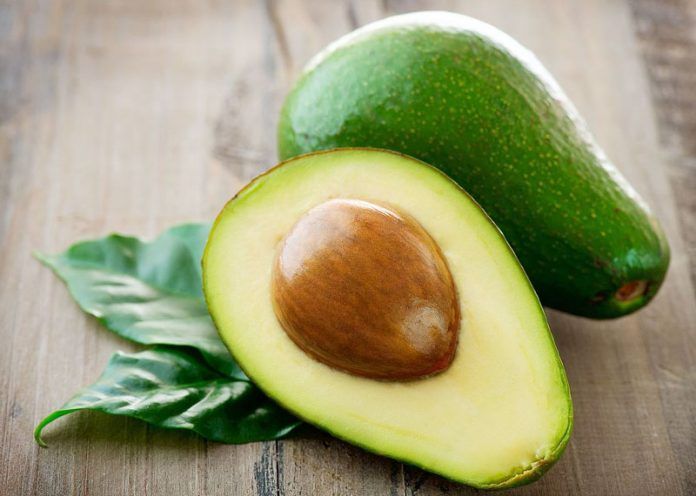
Avocado is what we refer as to the fruit of the avocado tree. A prized as it may be called because of its high nutritional values. The fruit finds application in a number of dishes and salads, from across cuisines, due to its rich flavour and characteristic texture. The guacamole dip made with mashed fresh avocado, finely chopped onions and seasoning is among the more popular avocado dishes. Popularity wise, specially in the Americas, where the fruit has migrated from across the border Mexico, the avocado may say to have hit a purple patch. It is a popular food among health conscious individuals the world over, and due its high nutritional values, is often referred to as a super food.
The Avocado may come in the shape of a pear, as we may commonly know them to be, or they may even be rounded. Even the colour of the fruit may vary from green to black. A single fruit may weigh anywhere from 8 ounces, which would be around 220 grams, to about 3 pounds, which would close to 1.4 kilograms. Has avocado may be the most popular type of avocado that you may come across. Whereas the pear shape is the most popular shape of the fruit.
This is the reason the fruit is often referred as the alligator pear. Very vividly described, if you may so, as it has the curvy shape of a pear, as well as the green bumpy skin of an alligator. The yellowish to green flesh of the fruit is what is eaten, while the skin and the seed is done away with. As rich in nutrients as they are, as many as 20 different types of vitamins and minerals are found in the fruit. Find below a concise list of the most abundantly found nutrients, that you would encounter on your plate, in a single serving of 3.5 ounces, or 100 grams of avocado.
• 26% of vitamin K
• 20% of Folates
• 17% of vitamin C
• 14% of potassium
• 14% of vitamin B5
• 13% of vitamin B6
• 10% vitamin E
Otherwise, the fruit is also known to contain limited amounts of Magnesium, Manganese, Copper, Iron, Zinc, Phosphorous, Vitamin A, B1 (Thiamine), B2 (Riboflavin) and B3 (Niacin). In addition, the fruit also contains about 160 calories, 2 grams worth of proteins, as much as 15 whole grams of healthy dietary fats. The fruit does contain as many as 9 grams of carbohydrates, yet 7 of those 9 grams come in the form of dietary fibres, making the net carb content dramatically low, for it been a fruit. Avocados, moreover are completely free of any cholesterol, or sodium, and are low in their net content of saturated fats as well. Some of the statistics may not be of consequence when you really are at digging into an avocado. Yet certain old school experts might be of the opinion, that minerals like sodium, and substances like saturated fats and carbohydrates may be harmful for the system. The fact remains that yes, they are in excess. But not in the measures that an avocado has to offer.
2More Potassium than Bananas
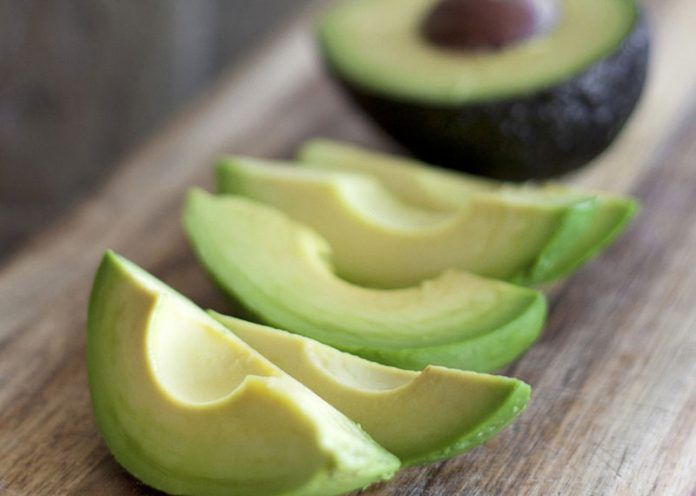
A lot many among us may be victimized by a deficiency of potassium. Potassium is required by our systems, in order to maintain the electrical potential gradient in between the various living cells of the body, which has various important neurological functions. With as much as 3.5 grams worth of potassium in every 100 gram serving of avocados.
In fact, the percentage net nutrients which constitute potassium, in case of avocado stands at 14, while in case of the banana, it stands at 10, which in its own rights, is known to be potassium rich food. Scientific studies have proven to us time and again, that an increase in potassium consumption, may be linked with normalization of blood pressure, reduction of chances of contracting severe cardiovascular conditions, strokes or kidney failure.
3Rich in Mono Unaturated Fatty Acids
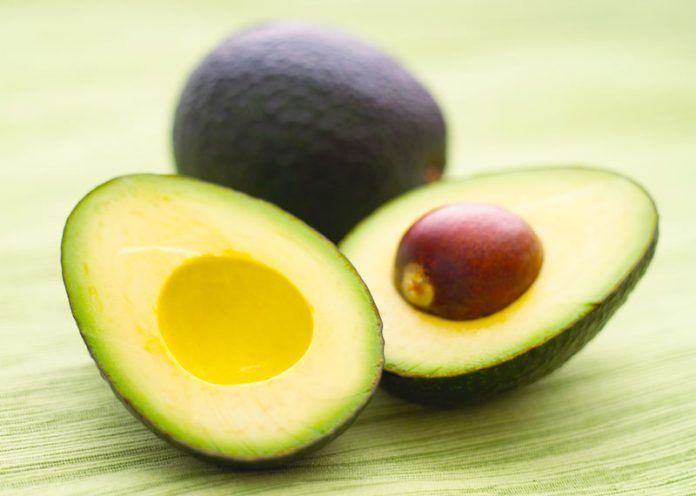
You may want to keep it mind that avocados are high fat foods. Although the fat which they contain are healthy fats, which are essential for the sake of your cardiovascular health. In fact, as much as 77% of the total calories, which an average avocado may contain, is in the form of fats. It is in fact, by a long distance, one of the most fattiest foods, that may be obtained from a plant source. Yet the fat contained in the flesh of the fruit is not your average, regular fat, which you may rather not consume. Most of the fat is in the form of oleic acids, which is a fatty acid, in its mono unsaturated form, also commonly found in olive oil, and believed to have major benefits for your system.
Oleic acids is known to treat inflammations of the system, and have a inhibiting effects on the genes which brings about cancerous development in the system. Moreover, the fats which you may encounter in avocado are resistant to oxidation, which may be brought about by exposure to heat. Tough as they come, they are always a healthy and safe choice for cooking.
4The Richness in Dietary Fibres
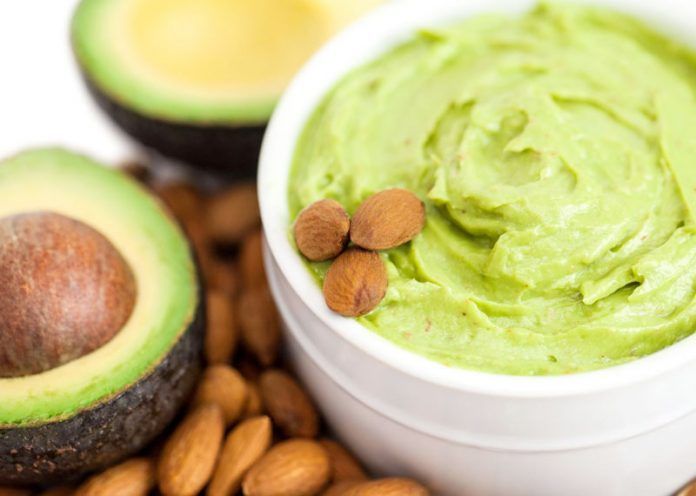
Dietary fibre is another essential nutrient which the avocado is bestowed with in large amounts. They may be referred to as indigestible plant matter, also known as roughage, which plays a very essential part in weight loss. They bring about a reduction in the blood sugar levels, and are very commonly associated with the prevention and cure of a number of diseases.
Also Read: Not All Avocados are Created Equal
A distinction, however may be made in between soluble fibres and insoluble fibres. The soluble fibre are fed upon by the friendly bacteria that is found in our intestines, which play a very essential part in maintaining the balance in our bodies. A 100 grams of avocado contains as much as 7 whole grams of fibres, which forms as much as 27% of the recommended amount of fibre consumption of an average adult. About 25% of the total dietary fibres are soluble whereas the remaining three quarters choose not to get dissolved.
Also Read: Must Have Protein Rich Foods for a Vegan
5Lowers Cholesterol and Triglyceride Levels in the Blood
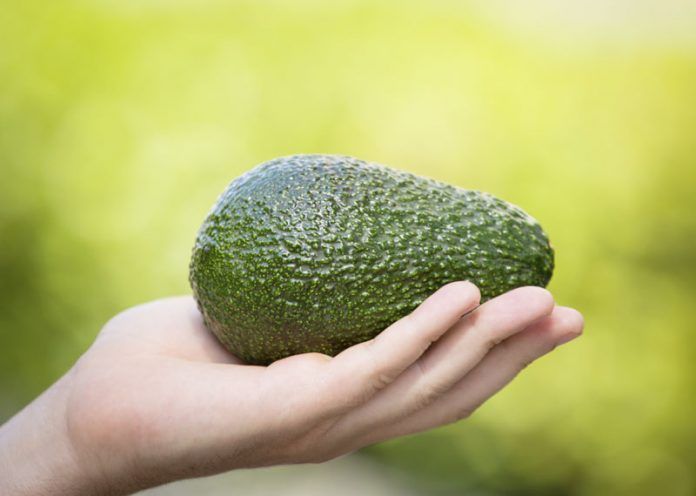
Diseases of the heart may be said to be the most common cause of death around the world. Several markers of the blood are known, which may indicate the chances of developing a serious cardiovascular condition. Cholesterol, triglycerides, inflammatory markers, blood pressure, among various others may be stated to be examples of such blood markers, which would inform us about the increasing risk of contracting a serious condition of the heart.
Regular consumption of avocado has known to bring a about a notable fall in the levels of these cautionary markers, which are found in the blood stream. Scientific studies have proven to us the very same, time and time again. Regular consumption of avocado may bring about the following benefits, as far as your cardiovascular health is concerned.
• A significant reduction in the levels of cholesterol
• Reduction in the levels of triglycerides, by as much as 20%
• The levels of LDL cholesterol, or bad cholesterol is reduced in the blood stream by as much as 22%.
• The HDL cholesterol, which is also known as the good cholesterol in the body, is increased by as much as 11%.
• Research has proven to us that including an avocado daily, to a vegetarian diet, which has a characteristically low fat content, may be extremely useful in maintain the cholesterol profile of the individual.
Also read: Top Foods to Keep You Happy
6Avocado Eaters are Generally More Healthy
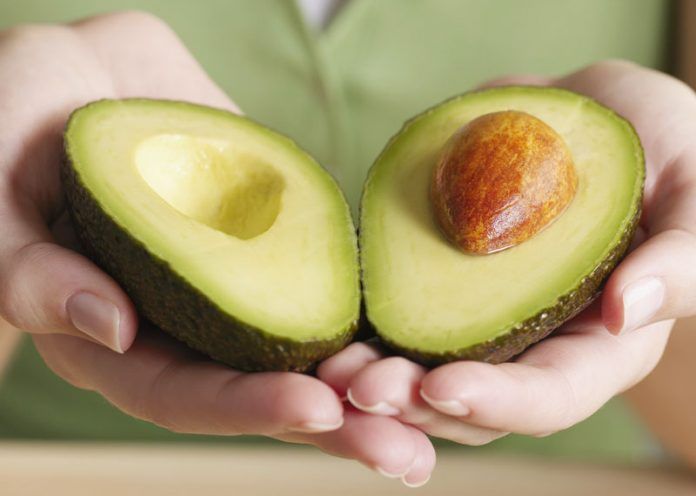
A study had set to analyse the relationship in between the dietary habits of people who regularly partook of a serving of avocado. The data were collected from as many as 17,567 people. The regular consumers of avocado were found to reap the benefits of a healthier life, to a higher extent, than those who did not regularly ate the fruit. Regularly consuming avocados, naturally increases your nutritional input many folds.
Moreover, the avocado consumers were found to be half as likely to suffer from a metabolic disorder, and did not showcase a number of symptoms, which the non consumers did, symptoms which may intend towards the development of a severe heart issue, or diabetes. The regular consumers of avocado weighed less, had a lower value of body mass index, as well as significantly lesser amount of belly fat. The amount of HDl, or good cholesterol circulating in their blood was high.
7The Benefits of the Fat
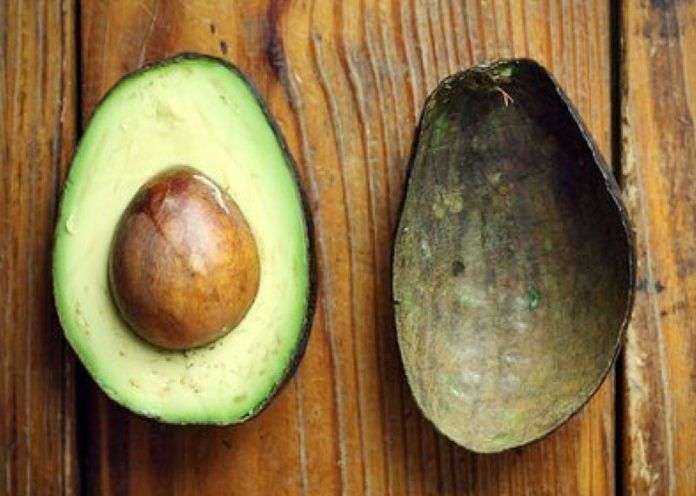
It is not just about the total amount of nutrients that you are consuming which always matters. The amount of nutrients which the body is able to assimilate and subsequently pass onto the blood stream. The absorption of the nutrients is just as essential, if not more than consuming them. Some of these nutrients are soluble in fat. Vitamins A, D, E and K, as well as antioxidants like carotenoids may be sited to examples. Avocados may increase the rate at which antioxidants are absorbed into the blood stream by some measures.
By Abhro















